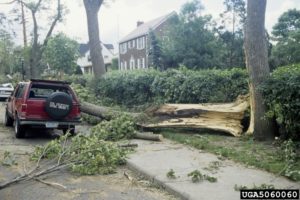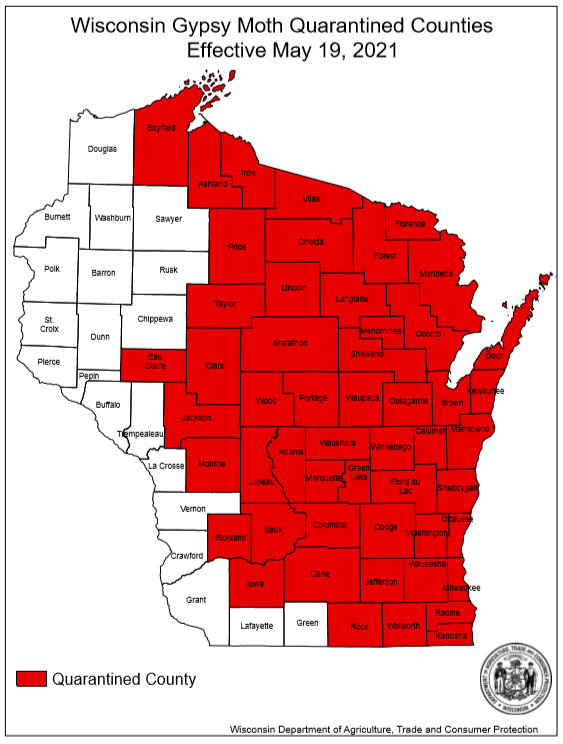By Olivia Witthun, DNR Urban Forestry Coordinator, Plymouth, olivia.witthun@wisconsin.gov, 414-750-8744
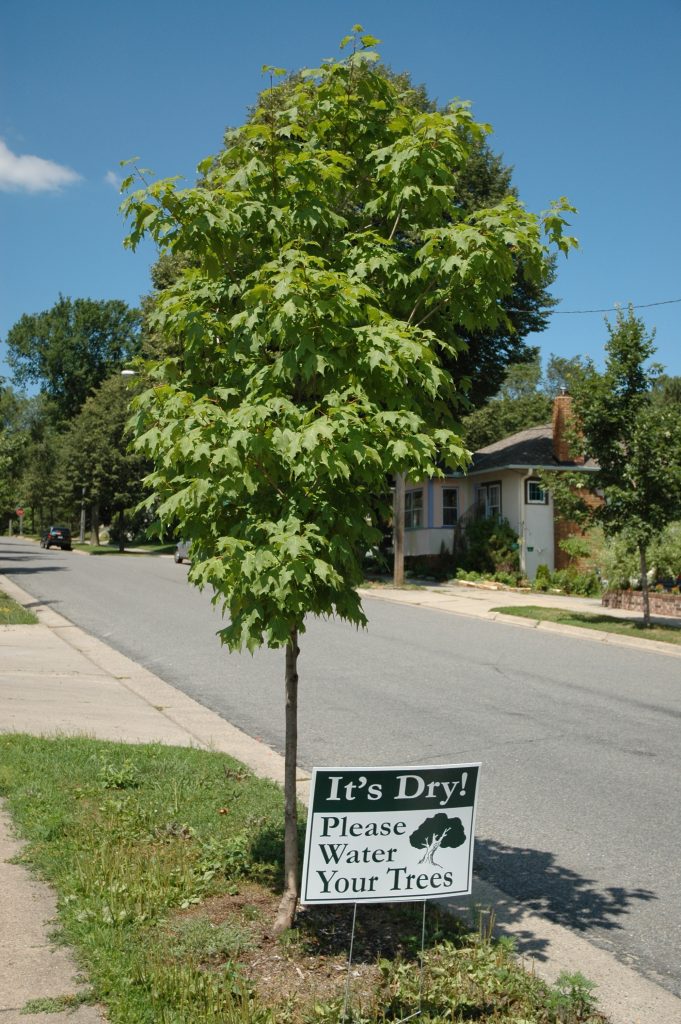
Photo credit: City of Minneapolis Forestry Division
Things just keep getting drier and it seems like there is no end in sight. The trees are thirsty, and they need your help!
Watering Newly Planted Trees
Newly planted trees need extra watering until they are established. The amount of water depends on tree size and on your soil type (sandy versus clay).
- 1-2 weeks after planting: water daily.
- 3-12 weeks after planting: water every 2 to 3 days.
- After 12 weeks, water weekly until roots are established.
Watering Tips
- Deep watering is best. Try to get the soil wet to a depth of at least 6 inches.

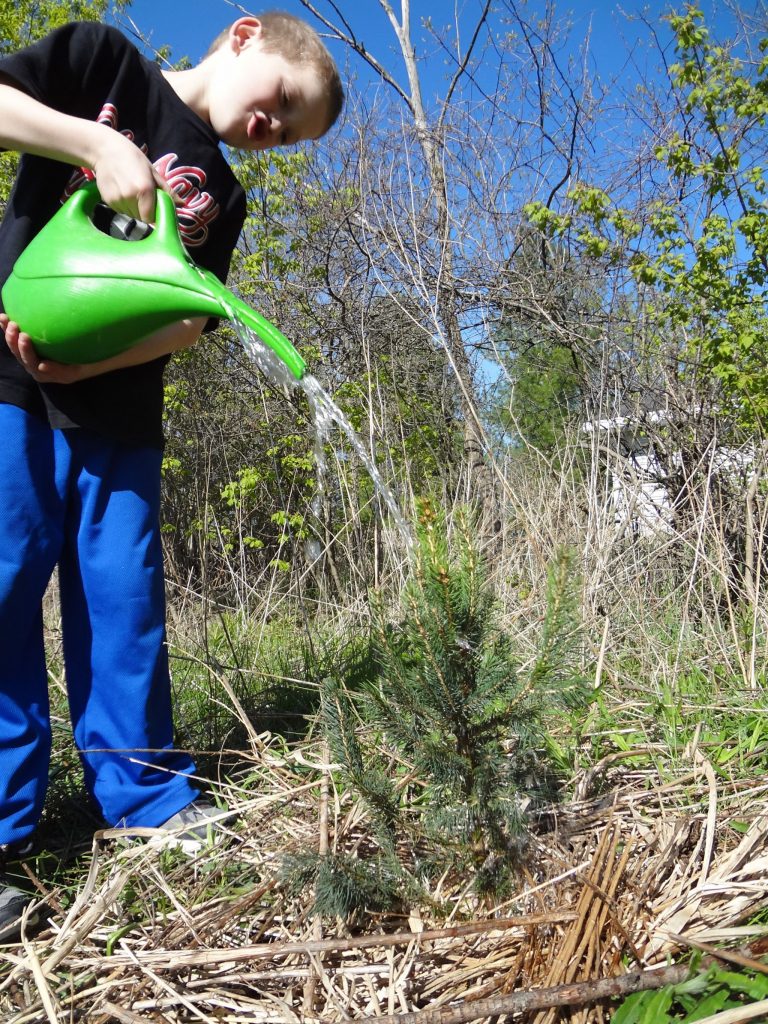 Most of you are doing your best to keep things watered, but you could always use some help. Below are a few ideas for public awareness and pleas to get homeowner assistance in watering trees. As always, contact your
Most of you are doing your best to keep things watered, but you could always use some help. Below are a few ideas for public awareness and pleas to get homeowner assistance in watering trees. As always, contact your  Don Kissinger, Urban Forestry Coordinator for the north-central region, is retiring after nearly 29 years at the Wisconsin Department of Natural Resources (DNR). His last day in the office was May 21, 2021.
Don Kissinger, Urban Forestry Coordinator for the north-central region, is retiring after nearly 29 years at the Wisconsin Department of Natural Resources (DNR). His last day in the office was May 21, 2021.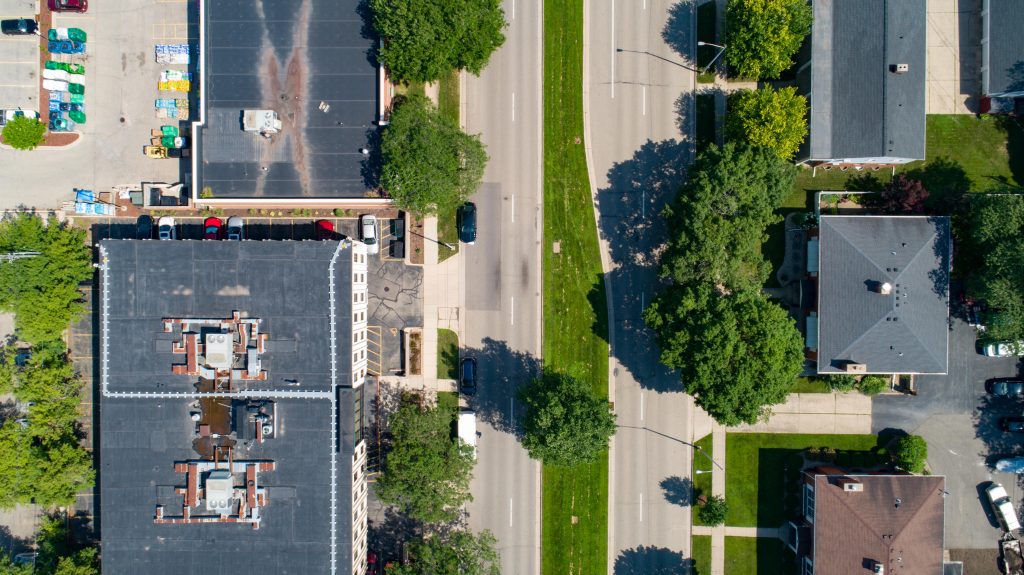 Cities, villages, towns, counties, tribes and 501(c)(3) nonprofit organizations in or conducting their project in Wisconsin are encouraged to apply for a regular or startup 2022 Wisconsin Department of Natural Resources (DNR) Urban Forestry Grant!
Cities, villages, towns, counties, tribes and 501(c)(3) nonprofit organizations in or conducting their project in Wisconsin are encouraged to apply for a regular or startup 2022 Wisconsin Department of Natural Resources (DNR) Urban Forestry Grant! Recognizing that trees and vegetation are among the features that make communities special places for residents and visitors, American Transmission Company (ATC) will continue to offer funding for planting projects in communities in its service area through its Community Planting and Pollinator Habitat programs.
Recognizing that trees and vegetation are among the features that make communities special places for residents and visitors, American Transmission Company (ATC) will continue to offer funding for planting projects in communities in its service area through its Community Planting and Pollinator Habitat programs.